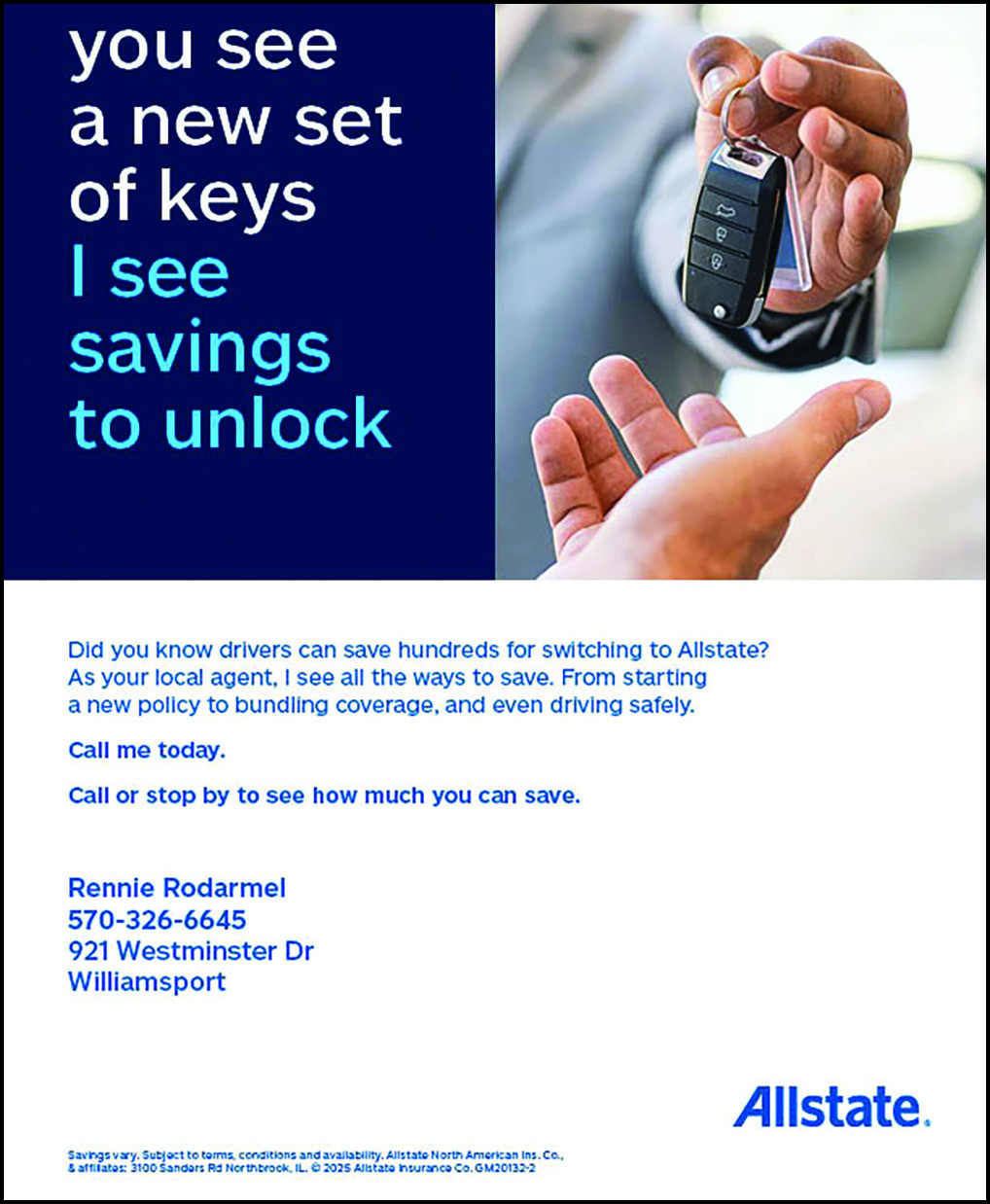On September 21st, Christ Westbrook, from Williamsport, testified in front of the United States Senate Special Committee on Aging on the topic of accessibility of government technology for people with disabilities, older adults, and veterans.
Westbrook is an accessibility engineer for Allyant, who also happens to be blind. “I look at websites and write up issues to determine the accessibility of a website. I think a lot of people are skeptical that blind people can use a computer. I have software that reads the screen to me and a Braille display that can show me the screen in Braille,” said Westbrook.
With the ever-growing dependence on government systems in our daily lives and the right of everyone to have access, I reached out to Chris to learn more about his experience testifying in front of U.S. Senators and how he got involved in the advocacy for people with disabilities.
Dave: Chris, please tell us a little about yourself.
Chris: I grew up in Carlisle, PA, but have been in Williamsport since 2006. I play saxophone and violin and am very involved in my local church, Trinity Gospel Church.
Dave: What was the purpose of the hearing?
Chris: The hearing was to bring awareness to the lack of accessibility of government websites.
Dave: It’s not every day someone is invited to testify in front of an important federal committee. How did you get involved?
Chris: Misty Dion, CEO of the Center for Independent Living of North Central Pennsylvania, mentioned my name to Senator Casey’s staff when they were looking for someone who knew something about web accessibility. I had an interview with them and also had an interview with Senator Braunsen’s staff, but it was Senator Casey who invited me to testify.
Dave: Why is it important that everyone, including people with disabilities, have access to public websites and systems?
Chris: Access is important because they are available to the public and can contain crucial services like paying taxes, paying water bills, etc. This will become more important as technology becomes more and more prominent.
Dave: Being involved in changing something like government policy can sometimes seem overwhelming. What can the average person do to help get the message to our government representatives that everyone has the right to access these public sites?
Chris: Good question. Honestly, I think the best way is to just be an advocate for accessibility in their own sphere of influence — place of work, house of worship, etc. Accessibility is needed for more than just government websites.
Excerpt from Chris Westbrook’s testimony at the U.S Senate Special Committee meeting on September 21st- “Because of my disabilities and my job, I come across many issues related to accessibility and inaccessibility of website and technology. Some of the issues I see on a daily basis include unlabeled form fields, which can leave blind people unsure of what information is being asked for; unlabeled images, which lead blind people to be unsure of what is on a webpage; and buttons that are coded in such a way that they do not announce that they are actionable, thus leaving disabled people unaware of what function the button performs.
“Local, state, and federal governments need regulations to ensure accessibility and that keep up with the changing pace of technology. We also need to ensure that disabled people are involved in the development of those regulations, the monitoring and oversight, the purchasing of software and other technology — really every step of the process of using technology. And we also need to make sure those regulations are enforced. For people like me, and really for all Americans, accessibility needs to become just another part of doing business. Accessibility must be considered from the design phase all the way through the process of implementing and maintaining a website. That is how we make government technology and all technology accessible. Again, thank you for your time, and I hope my testimony and expertise can move us closer to a world that is accessible to all.”



